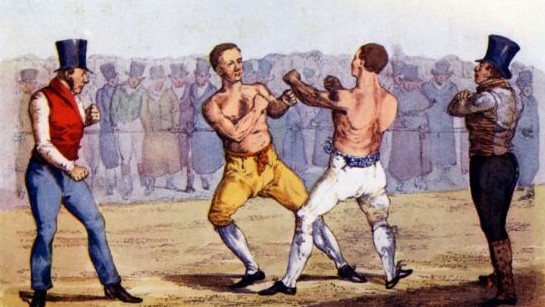The judge in the copyright lawsuit brought by Thomson Reuters against ROSS Intelligence has denied ROSS’s motion to dismiss the case, finding that TR’s allegations are sufficient to allow the case to proceed to discovery.
In a memorandum opinion issued yesterday, Delaware U.S. District Chief Judge Leonard P. Stark ruled that TR had sufficiently alleged the four elements of a copyright claim: the original works that are the subject of the claim, ownership of the copyrights in those works, registration with the U.S. Copyright Office, and the acts by which ROSS is alleged to have infringed the copyright.
Read the full memorandum opinion.
Although ROSS argued in its motion to dismiss that Westlaw content is not copyrightable as containing government information, Judge Stark said that, under federal copyright law, a valid certificate of copyright registration is prima facie evidence of the copyright’s validity.
See all stories about this lawsuit.
TR’s complaint alleges that it registers its copyright in the Westlaw database every three months, attaching more than 300 pages of prior registration certificates spanning 1981 to 2020.
As to ROSS’s argument that these materials are not subject to copyright, Judge Stark wrote, “These are important and interesting questions that will, almost certainly, be confronted at some state of this case.”
But, he said, they do not provide a basis to dismiss the lawsuit at this pre-discovery stage.
Judge Stark further ruled that TR has sufficiently alleged acts that, if proved, could show that ROSS infringed the copyright. He cited TR’s allegations that the legal research company LegalEase, after being hired by ROSS, showed a 40-fold increase in its Westlaw usage and downloaded significant quantities of information, which TR says ROSS used to develop its platform.
ROSS’s motion had argued that TR should have engaged in more extensive fact-finding before filing its complaint, including reverse-engineering the ROSS platform to see how it was created and if materials were copied. But Judge Stark also disagreed with that argument.
“Considering the totality of the allegations made against Defendant, accepting them as true, and drawing all reasonable inferences in favor of Plaintiffs, the complaint plausibly alleges acts of infringement – namely that Defendants have engaged in mass, illicit downloading of copyrighted Westlaw material through LegalEase, which material was then used to develop the ROSS platform,” Judge Stark wrote.
Judge Stark also denied ROSS’s request that he dismiss another count of TR’s complaint, alleging tortious interference with contract, which ROSS alleged was not filed the statute of limitations.
He ruled that factual disputes between the parties make it unclear where the alleged injury occurred, and therefore which state’s limitations period should apply.
Additionally, he declined to dismiss the complaint for failing to adequately allege the elements of a tortious interference claim.
Asked to comment on the ruling, ROSS cofounder Andrew Arruda said, “The court’s decision changes nothing. The court recognized that ROSS raised ‘important and interesting questions’ over the copyrightability of Westlaw content. We look forward to proving our case.”
Last week, TR filed its own motion to dismiss, seeking to dismiss ROSS’s counterclaim alleging that TR violated federal antitrust law by maintaining a monopoly over the legal research market.
 Robert Ambrogi Blog
Robert Ambrogi Blog